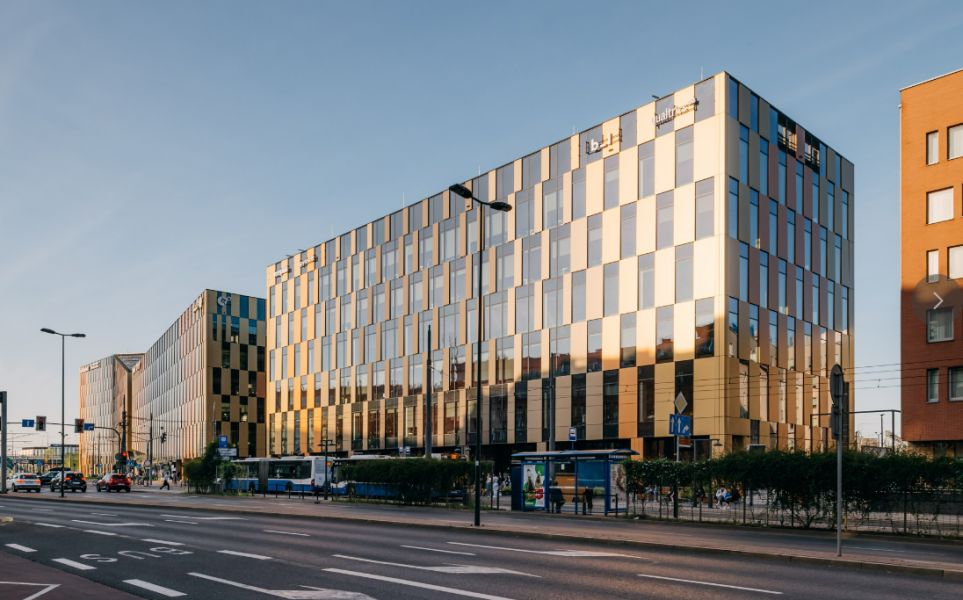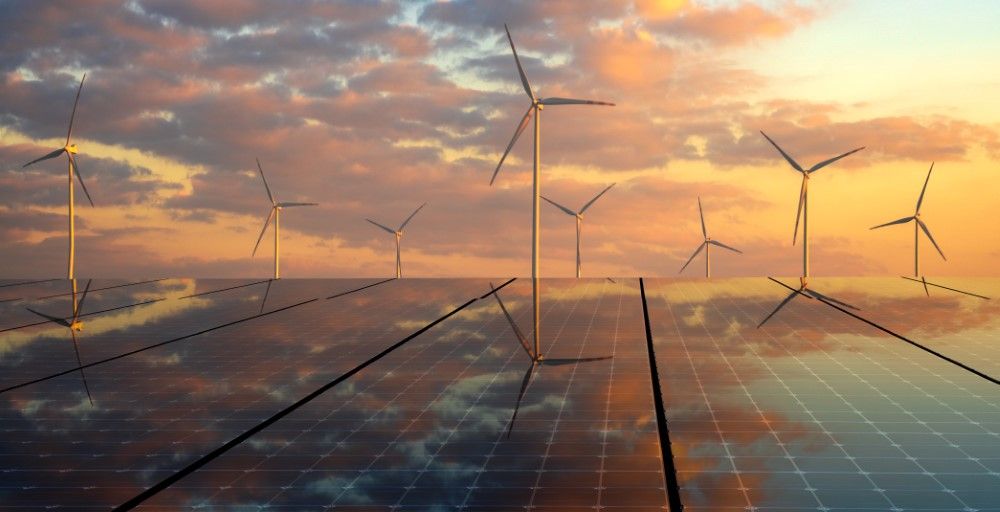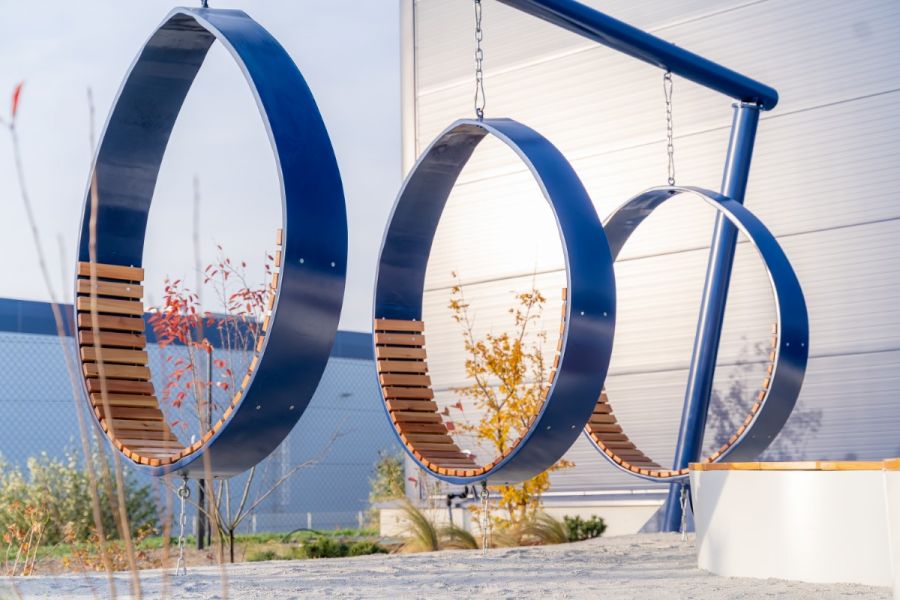Are heat pumps also becoming popular in Poland?

Changes in water law have fundamentally altered the approach to building design, placing greater emphasis on properly designed water retention management, which should be maintained on the investor's site for as long as possible, notes Marcin Kosieniak, MEP specialist and co-owner of PM Projekt design office. Meanwhile, Germany is breaking records with the interest in heat pumps.
In an effort to encourage homeowners to decarbonize heating, Germany introduced a program in 2023 offering a 40% refund on the costs of purchasing and installing heat pumps. The German program is just one of many opportunities for receiving subsidies for heat pumps throughout Europe.
It is part of a broader European Union plan aimed at reducing CO2 emissions through significantly increasing the share of renewable energy sources. In order to become a leader in CO2 reduction in Europe, Germany has implemented a law stating that from 2024 onwards, every new heating system installed in Germany must be powered by renewable energy sources to the extent of 65%.
"The pressure from EU and national regulations undoubtedly has the strongest impact on the real estate industry and, in the process, builds new habits among investors. This also changes the approach to design, including the more efficient utilization of engineers and designers. Today, heat pumps, water tanks, photovoltaics, or any other water-saving, energy-saving, or passive cooling solutions have become essential elements in projects. How much does the law influence this? In recent years, we can see it best in the case of water law, which forces us to change our thinking about water retention management, with a stronger emphasis on utilizing natural resources," points out Marcin Kosieniak, MEP specialist and co-owner of PM Projekt design office, an expert at RRJ Group.
Amended at the end of last year, the Water Law, aligning Polish regulations with EU requirements, imposes the obligation to obtain a water permit before commencing construction. To obtain the permit, a detailed hydrological study (water permit operation) is required.
Are heat pumps also becoming popular in Poland?
"We are certainly far behind other European countries, although this market is clearly growing. And it will likely continue to grow not only because of government subsidy programs present in almost every European country but also because investors and developers are beginning to understand that decarbonization is starting to impact their financial results. Today, in the real estate market, everyone is aware that if a building does not meet the appropriate ecological requirements, it may not be possible to rent them in a few years,” Kosieniak argues.
According to the International Energy Agency, 60% of buildings in Norway are equipped with heat pumps, followed by Sweden with 43% and Finland with 41%. In Germany, this figure is slightly over 4%, and in the United Kingdom, it is only 1%.
In Poland, in 2022 – as indicated by data from the Polish Association for the Development of Heat Pump Technologies (PORT PC) – 203.3 thousand heat pumps were sold, representing a 120% increase compared to 2021.
Heat pumps utilize energy extracted from the air, water, or ground to provide both heating and cooling. It has been proven that they operate even in extreme temperatures and can significantly reduce energy bills after installation.
"The boom in heat pumps in Germany and other European countries shows another interesting trend. Namely, there is a shortage of qualified installers, specialists, and technicians who can ensure proper installation and educate owners about their appropriate use," emphasizes Marcin Kosieniak, MEP specialist and co-owner of PM Projekt design office.
RRJ Group







